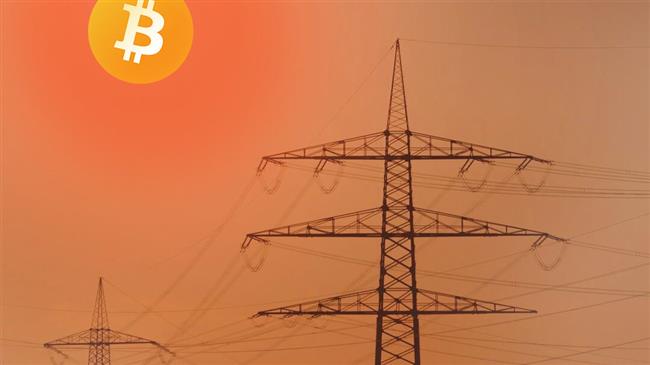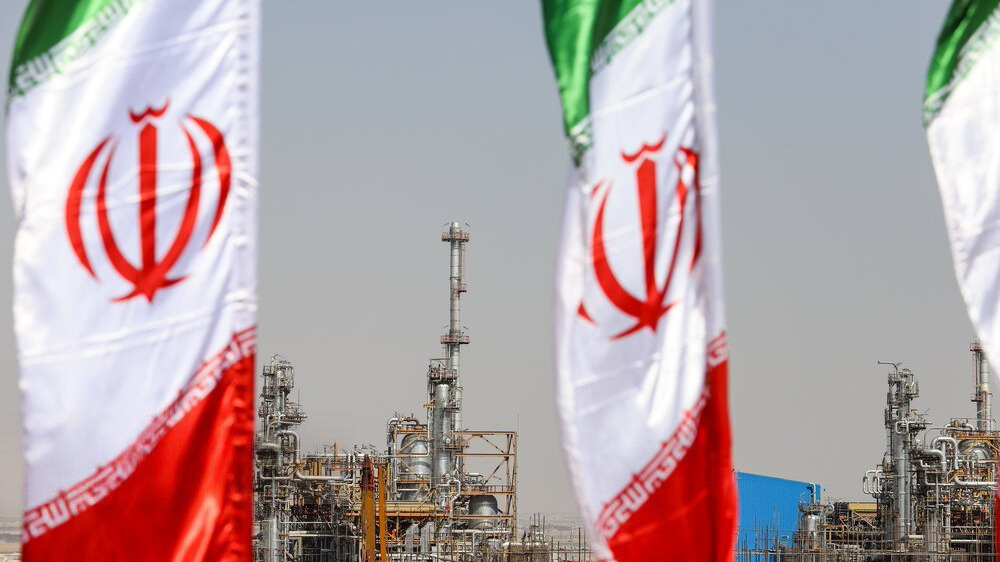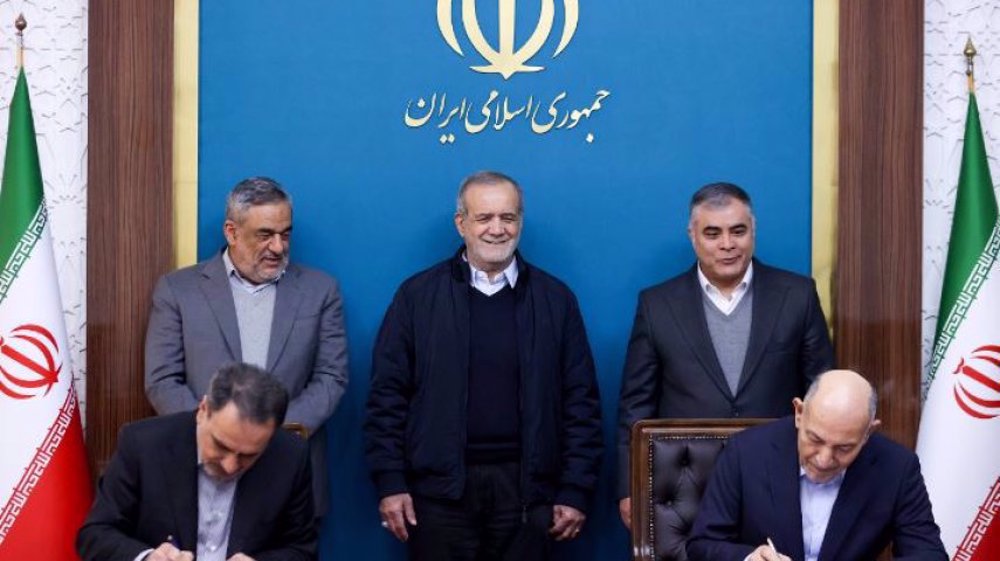Iran revises electricity pricing rules for cryptocurrency mining
Iran’s Energy Ministry has revised its electricity pricing rules for cryptocurrency mining months after rising demand from miners caused power shortages in parts of the country over a cold winter season.
A spokesman of the state electricity company Tavanir said on Sunday that new regulations would ban the supply of electricity to cryptocurrency miners during periods when demand for power reaches very high levels.
Mostafa Rajabi said, however, that the high-demand period would cover a maximum of 300 hours per year, adding that miners would have to pay double prices over 2,700 hours per year when the power grid is still strained.
Rajabi said prices would halve from a basic tariff of 16,574 rials ($0.066) per kilowatt during rest of the year when consumption is normal.
Tavanir would update prices each three months based on fluctuations in the exchange rates as the prices should be consistent with rates considered for exports of electricity from Iran to neighboring countries, he said.
The spokesman added that a 15% discount would be considered for miners who connect to local mining pools.
The new pricing rules come nearly three months after large cities in Iran suffered brief blackouts which some blamed on rising demand for electricity in cryptocurrency mining farms.
The Energy Ministry denied cryptocurrency was a main issue with the blackouts although it ordered a brief closure of the farms, including a large facility located in southeastern Iran that is run by a Chinese-Iranian company.
Tavanir officials say that cryptocurreny mining is responsible for nearly 600 megawatts per hour of electricity consumption in Iran, a half of which goes to authorized miners.
The figure is equal to nearly 1.5% of the total electricity usage in the country in peak hours.
US federal immigration agents detain 5-year-old boy in Minnesota
Trump used presidency to pocket $1.4 billion in first year back in office: Report
EU divided over new Iran sanctions
China hits US with economic counteroffensive after Maduro’s abduction: Report
Ben-Gvir arms more Israeli settlers amid rising violence in West Bank
'Hands on trigger': IRGC warns US and Israel against any miscalculation
VIDEO | US and Israel’s failed terrorism
After Venezuela, Trump sets sight on Cuba for 'regime change': Report











 This makes it easy to access the Press TV website
This makes it easy to access the Press TV website